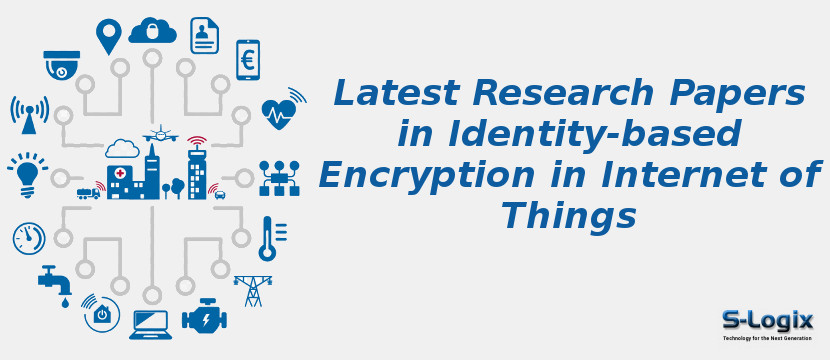Research papers in identity-based encryption (IBE) for the Internet of Things (IoT) focus on providing secure, efficient, and scalable data protection and key management in resource-constrained and heterogeneous IoT environments. IBE is a public-key cryptography paradigm in which a user’s public key is derived directly from a unique identity, such as a device ID or email address, eliminating the need for traditional public key infrastructure (PKI) and digital certificates. This characteristic makes IBE particularly attractive for IoT networks, where devices often have limited computation, storage, and energy resources, and managing certificates can be cumbersome. Researchers have explored IBE schemes for secure communication, data confidentiality, authentication, and access control in various IoT applications, including smart homes, healthcare, industrial IoT, and vehicular networks. Lightweight IBE variants have been proposed to reduce computational overhead, memory usage, and energy consumption while maintaining security guarantees against eavesdropping, replay attacks, and man-in-the-middle attacks. Some studies combine IBE with attribute-based encryption (ABE) to support fine-grained, context-aware access control, enabling only authorized devices or users to decrypt sensitive data. Hybrid approaches integrating IBE with edge/fog computing, blockchain, and trust management frameworks have also been investigated to enhance scalability, decentralization, and resistance to insider attacks. Despite these advancements, challenges remain in designing ultra-lightweight, efficient IBE schemes suitable for massive IoT deployments, handling dynamic device joining and leaving, and ensuring robustness against advanced cryptographic attacks. Overall, the literature demonstrates that identity-based encryption is a promising solution for simplifying key management, reducing communication overhead, and providing secure and scalable data protection in IoT ecosystems.
